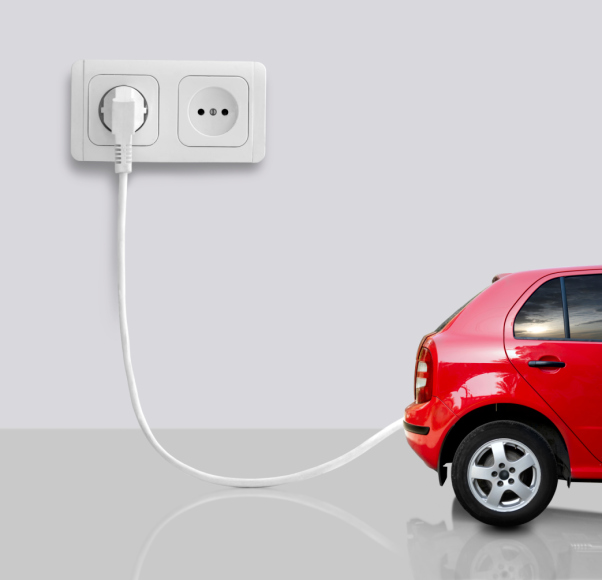Cars and Drivers
BMW and Volkswagen Electric Vehicle Plans Take Step Backward
Published:
BMW and Volkswagen said they would help build more electric vehicle charging stations to support the new wave of demand for these types of cars. The plan was announced with great fanfare. What the companies did not headline was that the number of new stations would be below 100. That barely scratches the surface of the location count necessary to really help adoption.
The managements of the two German manufacturers, along with their charging station partner ChargePoint, said:
A goal of nearly 100 DC Fast chargers will be installed to support long distance and metropolitan electric vehicle travel with the BMW i3, Volkswagen e-Golf and other electric cars, along heavily trafficked corridors on both coasts, supported by Level 2 chargers.
Also:
With more than 280,000 electric vehicles sold in the United States, EV owners need more charging flexibility while on the go. The express charging corridors will provide electric vehicle drivers access to DC Fast chargers along the most heavily populated and highly-trafficked regions on Interstate 95 on the east coast, from Boston to Washington, D.C., and on the west coast covering and connecting the metropolitan areas of Portland, San Francisco, Los Angeles, and San Diego. The installations will occur both within and between relevant metro areas, strategically-spaced at a maximum of 50 miles apart, making it even easier to take long road trips in an EV.
ALSO READ: Can BMW Sell $135,000 Electric Car?
That leaves most electric car owners out in the cold, having to rely on charging their vehicles at home, or somewhere else where they can put their plugs.
In theory, the decision helps Tesla Motors Inc. (NASDAQ: TSLA) as it tries to prove the value of its cars by promoting a network of commercial charging stations.
Electric car adoption will remain capped by three things. The first is the limited production capacity for the cars. The second is that charging stations are outnumbered by gas stations by probably 100,000 to one, a figure that cannot be calculated precisely. Finally, the demand for electric cars may be limited. Some analysts worry that the vehicles are nothing more than toys. Once a few “early adopters” purchase them, there will be no later adopters. Car buyers may prefer hybrids, or even gas-powered cars, now that gasoline prices have fallen below $2 a gallon in much of the United States.
One hundred charging stations are not enough to affect the adoption of electric vehicles. The number may not matter if adoption has already come close to a peak.
ALSO READ: 2014 Electric Vehicle Sales a Mixed Bag
If you’re one of the over 4 Million Americans set to retire this year, you may want to pay attention.
Finding a financial advisor who puts your interest first can be the difference between a rich retirement and barely getting by, and today it’s easier than ever. SmartAsset’s free tool matches you with up to three fiduciary financial advisors that serve your area in minutes. Each advisor has been carefully vetted, and must act in your best interests. Start your search now.
Don’t waste another minute; get started right here and help your retirement dreams become a retirement reality.
Thank you for reading! Have some feedback for us?
Contact the 24/7 Wall St. editorial team.